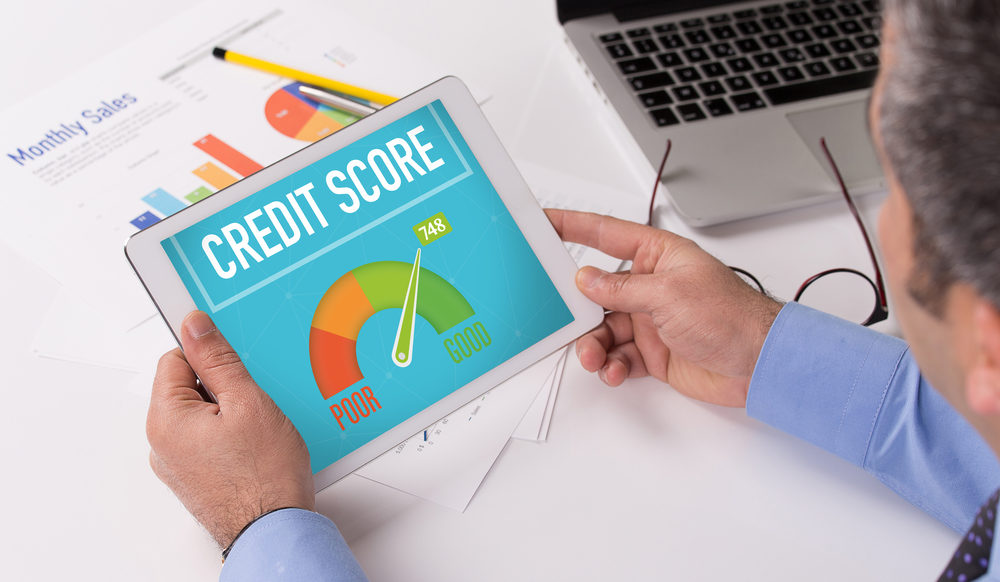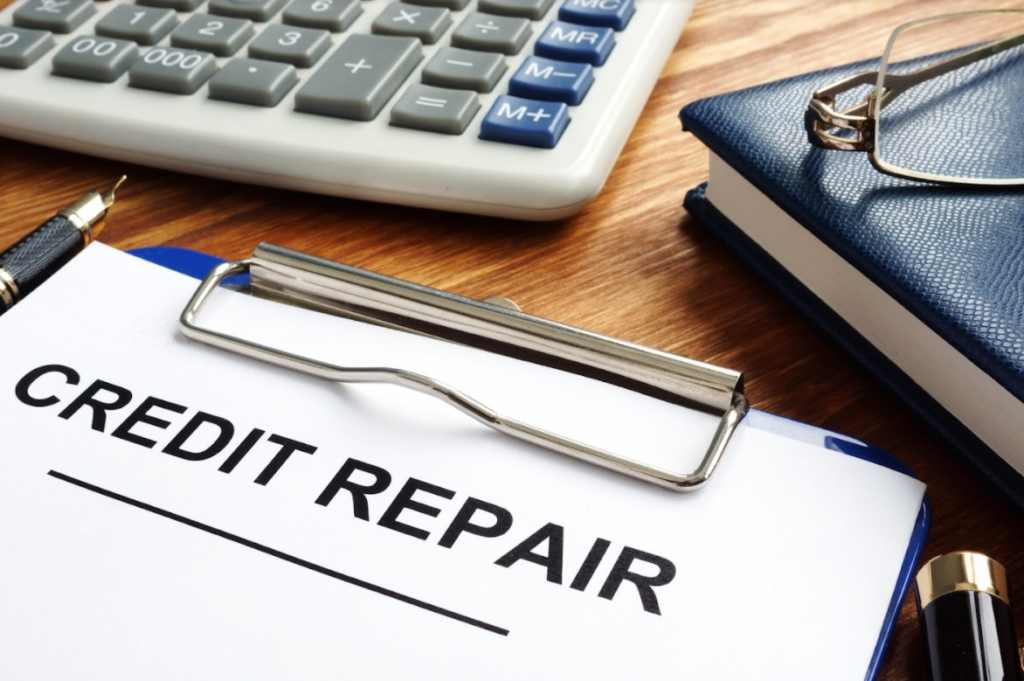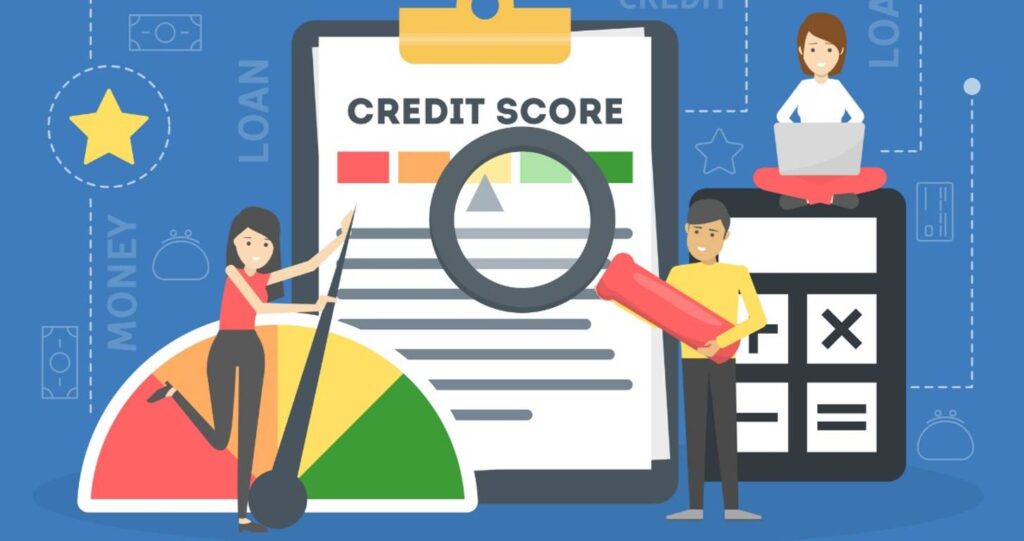How To Boost Your Score
You can measure your financial health based on your credit score. Your score provides lenders with an overview of your credit history. Your score will determine how easy it is for you to get approved for new loans or lines of credit.
If you have a higher score, you can also take advantage of the lowest interest rates available when you borrow money. There are several simple steps you can take to improve credit score.
Get started today with a FREE Credit Repair Consultation, or call us at 312-978-7527
They require effort and time, but they are certainly doable. You can also be charged interest rates based on your score in addition to determining whether you can obtain credit. Taking the time to check your score is a good idea since there are several things that you could do inadvertently that would negatively affect your score.
An individual’s credit score is a numeric representation of their credit history. This method is commonly used by lenders to predict whether or not you will repay the loans that you take out. The credit score ranges from 300 (poor) to 850 (excellent).
850credit is one of the best credit repair companies in the United States. When it comes to dealing with creditors, collectors, and credit bureaus, you need experience in this area to get the best results. We have the expertise that you need to deal with any situation presented by creditors, collectors, and credit bureaus. Feel free to read our customers’ reviews.
Higher scores indicate consistent good records including on-time payments, low amounts owed, and long credit histories. Late payments or over-extended credit can cause borrowers’ scores to be lower, which indicates that they may be risky investments.

Although there are no exact cut-offs for good or bad scores, there are some guidelines. A score above 720 is considered ideal by most lenders, while a score below 630 is deemed problematic.
A high score is essential to making your life easier. It can help you get a better car loan, qualify for lower insurance rates, and even help you find an apartment. But how do you improve your score?
There are many ways how to boost your credit score fast so that it will take less time for you to achieve the higher scores that you need to reap the benefits of a good credit rating. In this article, we’ll be discussing some of these tips on how to increase your score quickly and easily!
10 Tips And Strategies You Can Do To Improve Credit Score
1. On-Time Payment Of Bills
Paying your bills on time is one of the best ways to improve your score. Several factors go into determining your score, but one of the primary factors is your payment history. 35 percent of your score is derived from your payment history!
Your score can be impacted by delinquent payments (even if they are only late by a few days). It can be helpful to set reminders for your bills if you have difficulty remembering when they are due.
There are many ways to do this including writing the due dates on a paper calendar or using an app to remind you of bills and budgets. Getting your accounts set up for autopay is the easiest option.
2. Don’t Just Pay The Minimum
When you pay more than you owe each month on your outstanding debt balance, you will reduce your total debt load and you will be able to pay off balances faster.
As long as you continue to make minimum payments on all your other accounts while making more substantial payments on one (such as on several credit cards), you will be able to focus on reducing your debt one at a time.
Once you have fully paid off one balance, you can then focus on another, and so on until all of your debts have been paid off.
To read more about the various options for repaying debt, head over to Which Credit Card Debts Are Best To Pay Off First? A Comparison of High Interest and High Balance Credit Cards.
3. Try To Pay Off Your Debt Instead Of Just Moving It Around.
Another important factor that determines your score is how much you owe compared to the amount of credit you have access to. A credit utilization score represents the amount you have available compared to the amount you owe.
If you aren’t at or near the limit on your credit cards, it is best to keep that in mind. You are utilizing your credit to the extent that you’re using it. Each card has its percentage, as well as the total credit available.
The utilization ratio of a borrower is closely monitored by creditors and lenders. It is generally less likely that borrowers with a high utilization rate will pay back the loans they have taken. A score will likely be higher for someone with a low credit utilization rate.
4. Ensure That Your Credit Report Contains No Incorrect Information (Remove It If There’s Any)
One of the best steps that you can take to boost your score is to ensure the accuracy and completeness of your report. It is estimated that the median score in the U.S. is 711 according to Fair Isaac Corporation (FICO), the company that provides scores to various financial institutions.
5. Get Rid Of Your High Debt-To-Income Ratio
The debt-to-income ratio, or DTI, is a personal finance measure that compares the amount you owe each month against the amount of income you earn. Lenders use it as one way to measure your ability to manage your income and repay your debts.
To determine your DTI, divide your total recurring monthly debt (such as your mortgage, auto loan, and credit card debt) by your monthly income.
If you have a low debt-to-income ratio, lenders and creditors will see that you have a good balance between the amount of debt you carry and your income.
A high debt-to-income ratio, on the other hand, can indicate you have more debt than you can afford to pay back. This makes you a more risky borrower.

6. Manage Your Debt Well
Your score can be improved by having a balanced mix of debt, as opposed to having all of your debt in one type of debt.
Credit comes in many forms, including:
- Mortgage loans
- Bank credit cards
- Installment loans (such as student loans and vehicle loans)
- Retail and gas station credit cards
According to research from FICO, consumers with a mix of credit types on their report are less risky than consumers with only one type of credit. For example, instead of $150,000 in unpaid card balances, you should have a mortgage, car loan, and credit card debt totaling $150,000. The type you have used contributes 10 percent to your score.
7. Keep Your Credit Cards, Even If You Aren’t Using Them
The strength of your score depends on your history. Averaging the ages of your loans, credit cards, and other lines of credit is one of the factors that determine your score.
Lenders can assess your creditworthiness better if you have a long history. Having a long history of successfully gaining and managing credit can also indicate that you have been successful.
Maintaining a long history can be achieved by keeping credit card accounts open, even if you are not using them. Canceling old cards could result in shortening your history and lowering your score. If you’re not using your card and it has an annual fee, keeping it open might not be a good idea.
8. Don’t Apply For Too Many New Accounts
An inquiry into your history occurs whenever you apply for a new account. An excessive number of hard credit inquiries could harm your score, particularly if they are made within a short time frame.
Among the kinds of inquiries, there is a difference between a hard inquiry and a soft inquiry. Applying for the following types of credit can result in a hard inquiry:
- Mortgage
- Auto loan
- Business loan
- Personal loan
- Student loan
- Credit card
The following are examples of soft credit inquiries (which will not negatively impact your score):
- Background check for employment
- Background check for renting an apartment
- Credit prequalification
A soft inquiry can be made without your permission.

9. Register As An Authorized User
You can improve your score when you become an authorized user on another person’s card account. Authorized users of credit accounts are listed on your report based on their payment history. This could improve your score if the payment history is positive.
Account-holders who fail to pay their bills on time can backfire on this strategy. If the primary account holder does not pay on time, these late payments will appear on both your report and theirs!
You should also make sure that the partner cardholder you plan to partner with does not have a high utilization ratio.
10. Get A Clear Picture Of Your Position – And Where You Are Heading
Making smarter financial decisions based on your score can help you build or rebuild your credit, such as choosing credit products that will help you do so. In addition to helping you maintain a higher score, it can also alert you to any mistakes in your report.
If you are aware of your score, you can more accurately predict if you will qualify for a lower interest rate to borrow and if a loan or credit application will be approved.
How To Increase Credit Score Quickly
The most common and effective way to improve your score is by paying off those debts. Paying bills on time, always ensures that you do not miss any payments. Ensure that you have a good mix of credit accounts such as loans, mortgages, or cards for lenders to give it the green light based on their scoring methods.
If you have a good mix of credit accounts, it helps to show that you can manage these types of accounts and improve credit score. If the only account is a loan or mortgage, then this might not help if there are other factors such as negative reports on your file which cannot be changed or removed from their system.
Ensure that you always check your report. You should be checking at least once a year to ensure that there are no discrepancies or issues. If you find any errors in your file then contact the company who originally supplied it and ask them to amend it accordingly.
This is how to boost your score fast to get better interest rates on loans, how to raise your score fast for more job opportunities, and how to increase your credit score quickly so you can qualify for a new car or anything else that you want.
The best way to make sure your score is always in good standing is to never miss a payment. If you are having trouble paying off an account or two, contact the creditor and let them know what’s going on so they can work with you.
Another strategy that helps improve your score but takes time is making payments before their due date. When it comes down to it, there’s no quick fix for improving your score overnight. It will take time and consistency if you want to see improvements overnight. To help ensure that your credit rating stays healthy at all times, be sure not to have any missed payments on record by contacting creditors when needed about delinquent accounts.
One other thing that may be helpful to your credit score is making payments before they are due. It can be difficult to improve your credit overnight, but it will require time and consistency for you to see results.


